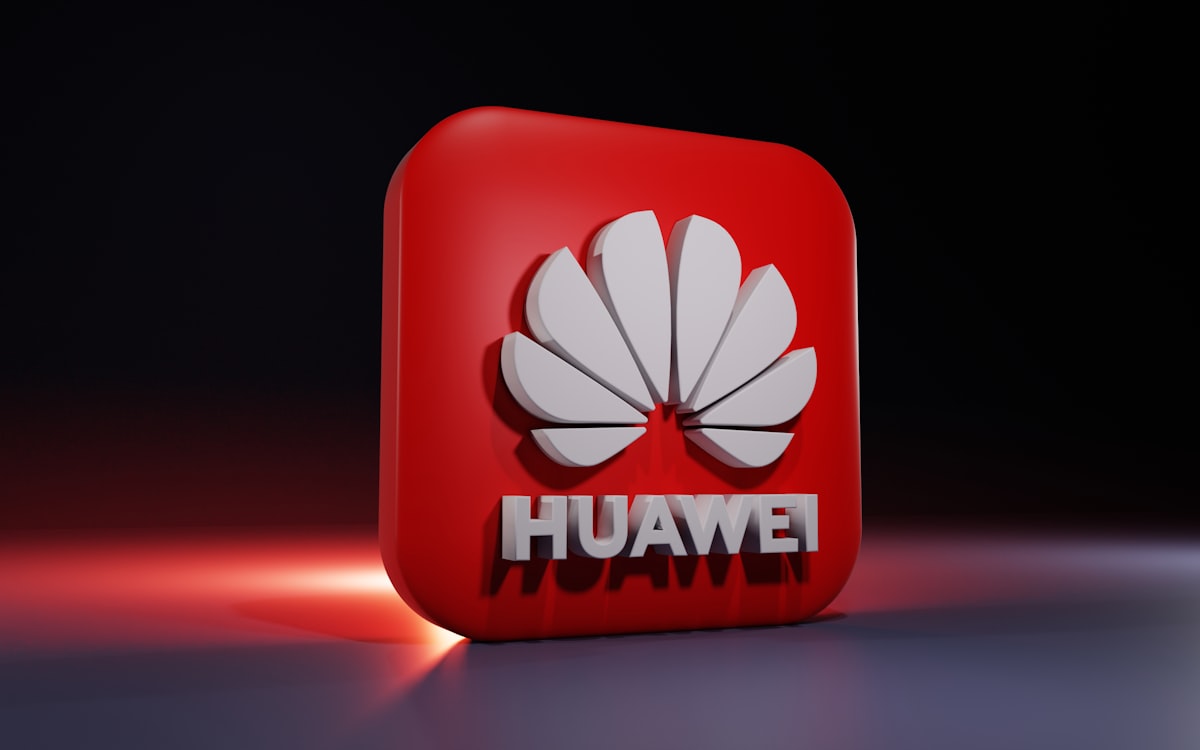Huawei Adjusts Smartphone Production Due to High Demand for AI Chips
Huawei has recently reclaimed the top spot in Chinese smartphone sales after more than three years, showcasing the company's resilience.

Huawei, the Chinese tech giant, is reportedly slowing down production for its premium Mate 60 smartphones to meet the surging demand for its artificial intelligence (AI) chips. The company faces challenges as the global demand for AI functionality rises amid the ongoing technological standoff between China and the U.S. The production of Huawei's Ascend AI chips and Kirin chips, which power its smartphones, is affected by manufacturing constraints and a low yield rate, indicative of production quality.
The situation sheds light on Huawei's difficulties in the aftermath of U.S. sanctions imposed in 2019, which restricted access to advanced chipmaking tools and significantly impacted its smartphone division. Despite facing challenges, Huawei has recently reclaimed the top spot in Chinese smartphone sales after more than three years, showcasing the company's resilience.
The impact of U.S. restrictions on the sales of AI processing chips to China is evident, as the market was predominantly controlled by the U.S.-based Nvidia before the latest curbs in October. The restrictions have compelled Chinese customers to turn to domestic alternatives, and the Chinese government's initiative to enhance the country's computing power has further fueled demand for Huawei's Ascend series.
Huawei's decision to prioritize AI chip production over premium smartphones highlights the evolving dynamics in the tech industry and the challenges posed by geopolitical tensions affecting the supply chain.
Huawei has not provided official comments on the matter, but the situation reflects the broader implications of technology-related restrictions and the competitive landscape in the AI chip market.




